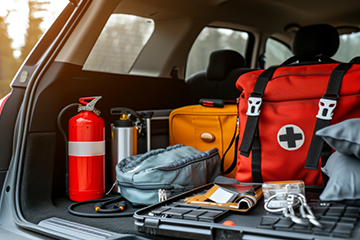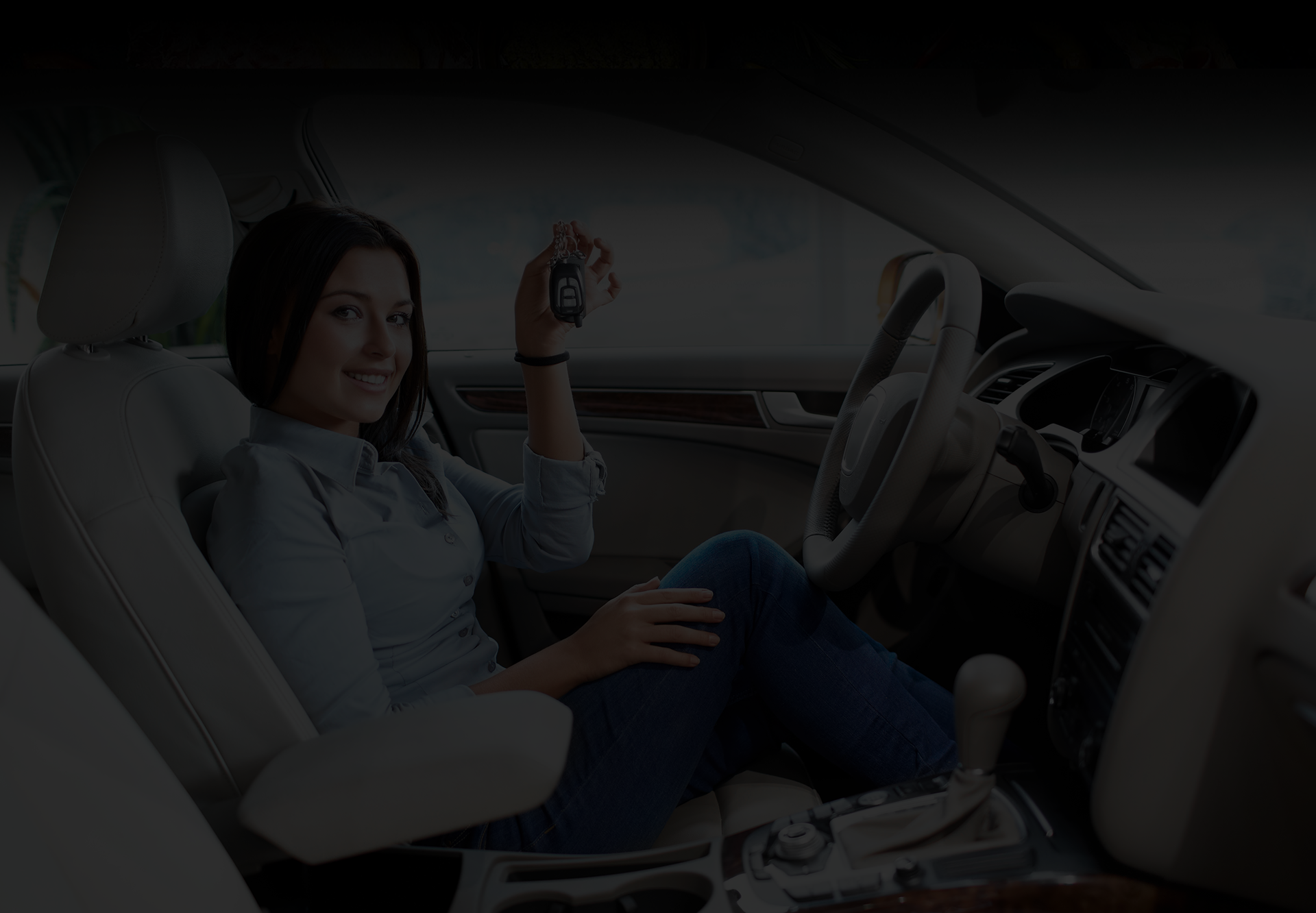
Mobility in Norway
Comprehensive guide to car rental and transportation
in Norway

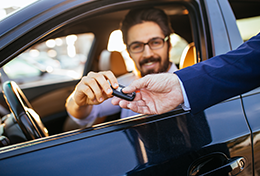

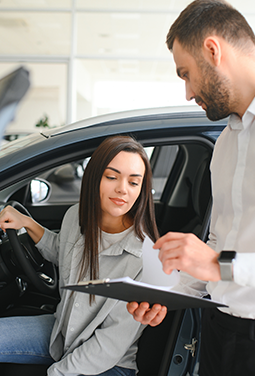
Modern transportation solutions
Car rental basics in Norway
When renting out a car in Norway, specific rules apply to both the lessor and the lessee. The lessor is obliged to make the vehicle available in good and proper condition, with at least 2/8 fuel in the tank or 60% battery level for electric cars. The lessee must be aware that the vehicle must be returned in the same condition and with all accessories as at the start of the lease.
Special tax rules apply to private individuals who rent out their own car. Rental income of up to NOK 10,000 per year is tax-free when the car is also used privately. For higher incomes, the amount must be reported in the tax return, and deductions can be made for rental costs.
Secure car rental
Seasonal variations and capacity


Insurance and security

The lessor is obliged to keep the vehicle insured against third-party liability in accordance with the provisions of the Automobile Liability Act. When renting, it is important to review the insurance terms carefully and document the condition of the vehicle on both delivery and return. Insurance companies usually have an online website, where you can take out insurance flexibly.
When returning the vehicle, the lessee must report any damage that has occurred during the rental period. It is advisable to take photos of the vehicle exterior and interior upon return if no representative from the lessor is present.
Safe transportation
Tenant rights
and obligations
As a lessee, you have the right to have the car delivered without defects at the agreed time. In the event of faults or defects, you may be entitled to reduced rent or termination of the agreement. The lessee is obliged to pay the rent at the agreed time and cannot hand over the car to others if this has not been agreed.
Responsible car use
Payment terms and deposit
When renting, the lessor usually requires security in the form of a credit or debit card. An amount is reserved on the card based on the rental period and estimated variable costs such as tolls and fuel.
Economic security
Passenger transport and sharing
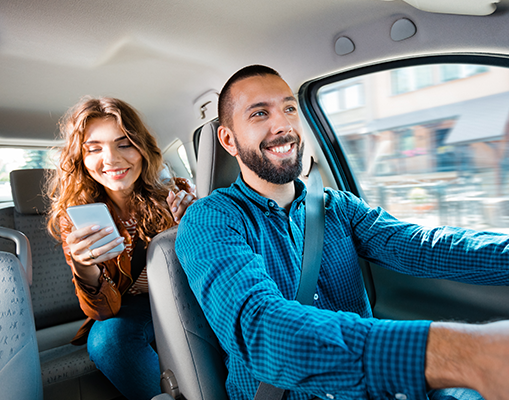
Efficient transportation
Requirements for traders
For people who want to use driving as their main source of income, for example through services such as Uber, it is important to be aware that the ordinary tax and reporting rules for businesses apply. This means that all income from such activities is taxable, regardless of the amount, from the first krone earned.
When running a business, it is required that the car is capitalized as an asset in the accounts, which means that the value of the car must be entered and depreciated over time in accordance with the balance depreciation rules. In addition, you can deduct costs related to maintenance, fuel and insurance, which are necessary for the operation of the business.
Professional transport
Practical aspects of car rental

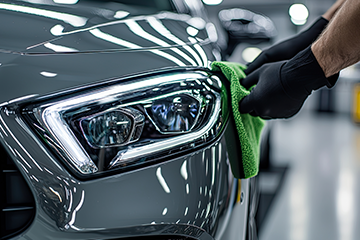
Maintenance and cleaning
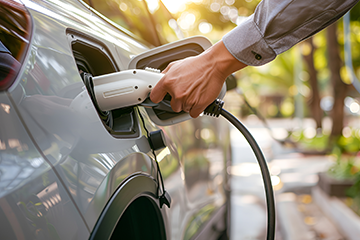
Fuel and charging

Return procedures
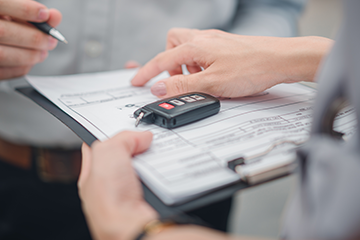
Documentation requirements

Insurance coverage
